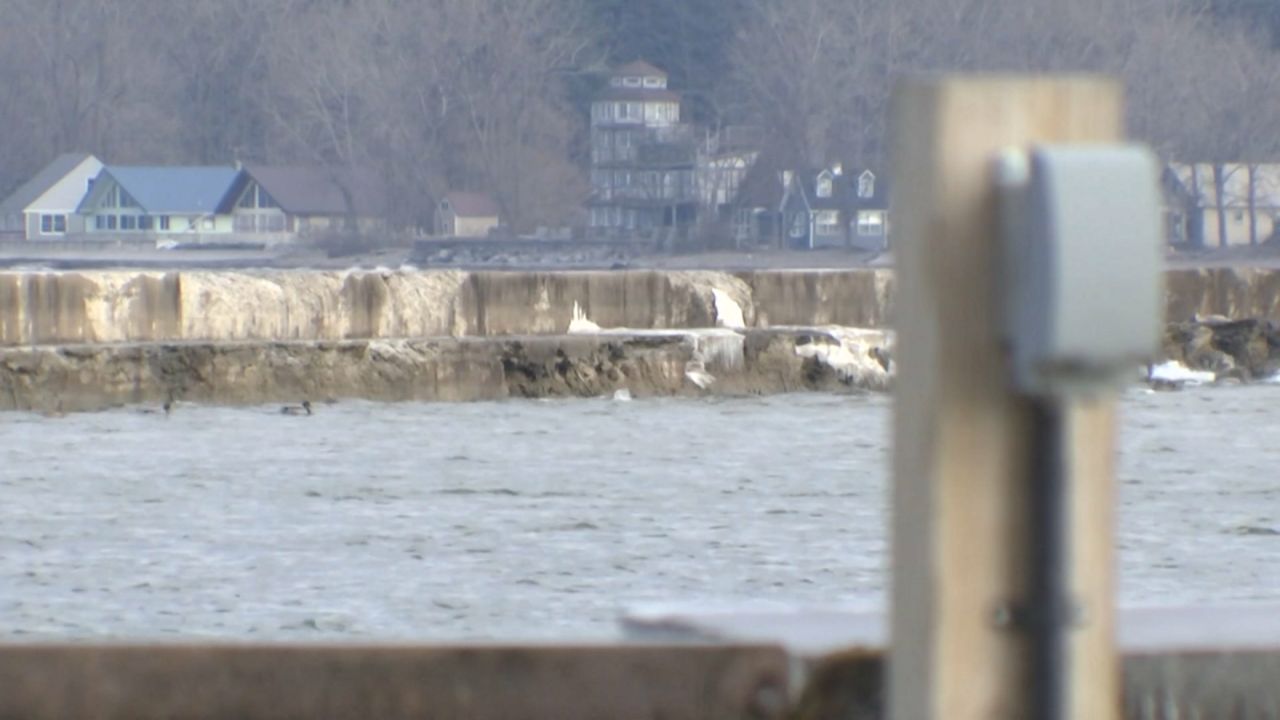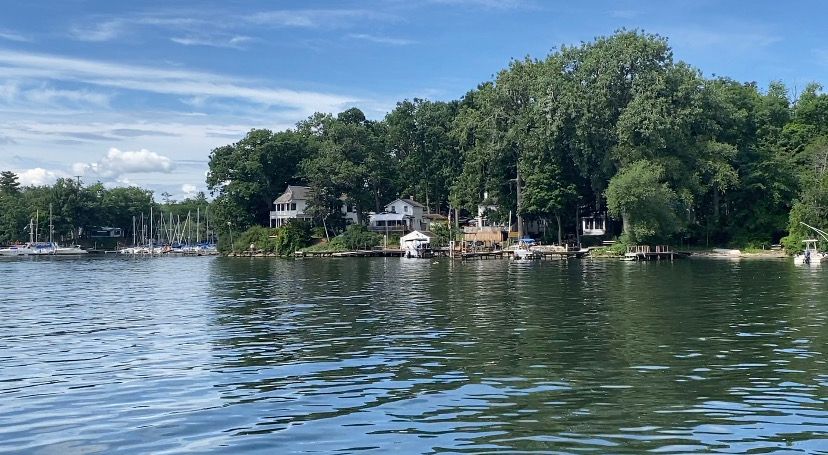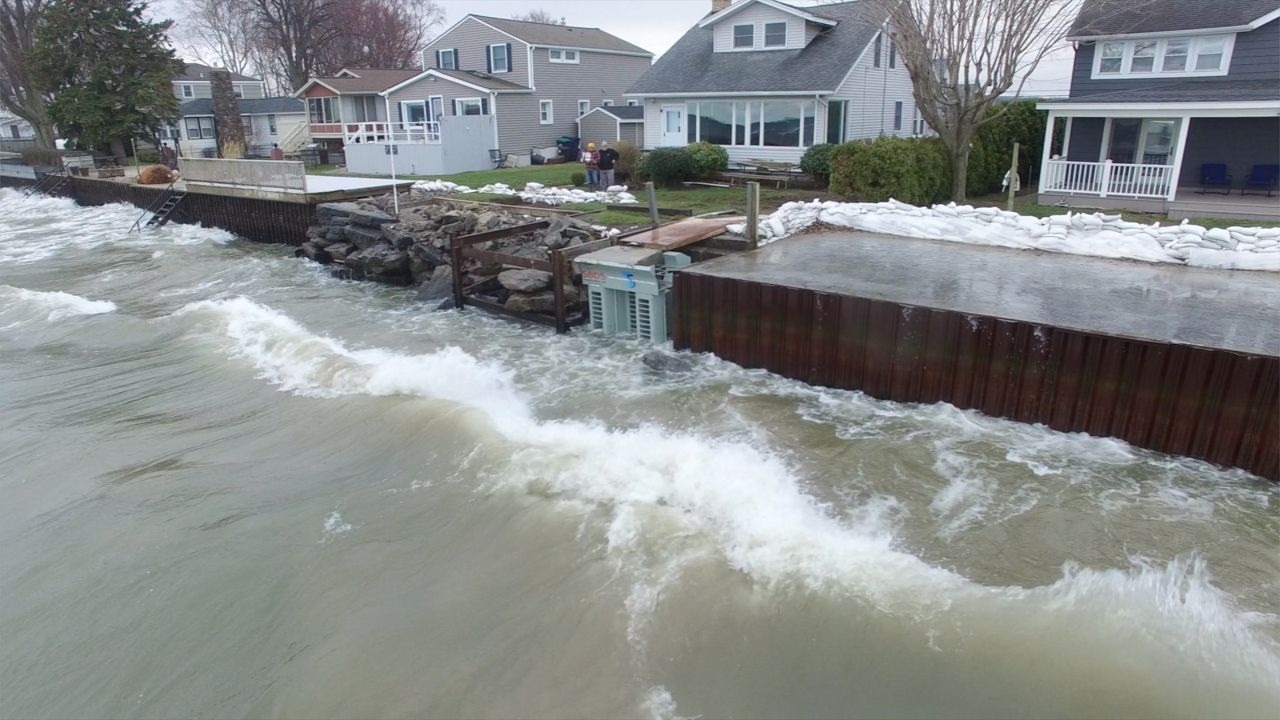The roads and patios along the lake may be dry this week, but the threat of Lake Ontario’s flooding lake levels remains.
Plan 2014 won't be changing. The International Joint Commission said it won't.
An expert who knows it well says it can't.
"The forces that be do not have an interest in going back to the priorities prior to Plan 2014,” said Frank Sciremammano.
He studied lake levels as a one-time member of the St. Lawrence River Board. He said the advantage Plan 2014 gives to Canada, and the shipping conflict of interest within the board, keeps change from happening.
"Shipping industry is large,” he said. “They are strong lobbyists, they have a seat at the board and it's not going to happen."
And when Sciremammano hears the governor say the IJC should have lowered lake levels last fall, and threatens action, he hears political hypocrisy.
"So even though Governor Cuomo said ‘oh, they should have let water out in the fall,’ he approved the plan that does not allow them to do that,” Sciremammano said.
With no relief coming to individual property owners in the governor's REDI campaign, he promotes homemade resiliency.
"The only way people can stay on the lakeshore is to protect themselves,” he said. “That may mean raising the house, putting in septic fields, that may mean putting in a big revetment, all things that are very costly.”
Whether IJC member Jane Corwin's arrival swings the commission to change Sciremammano believes what the IJC needs most is true discretion to raise and lower the lake levels.
"If you're predicting you're gonna have a problem, take action early,” he said. “If you think you might have a problem, be allowed to take action early. And certainly remove the conflicts of interest that are on the board."
As lakeshore advocates prepare to rally in Greece this weekend, most will do so knowing Upper Great Lake levels remain ready to unload here next year, and making change here will be a heavy lift.









)
